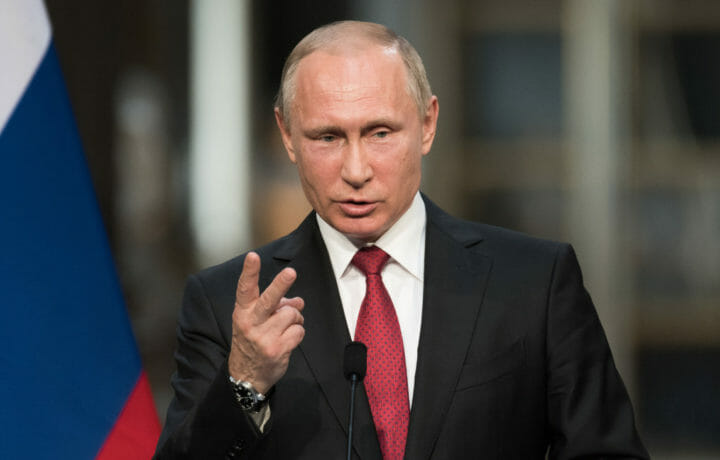From private to general officer, Russia’s war on Ukraine is causing serious problems for the Russian army. Losses have been so great, that Russia has stopped publishing statistics on soldier mortality in Ukraine. Speculative estimates by the west indicated that Russia needs thousands to regenerate their force. Russia is doing what it can to replace their losses, but leaking news indicates recruitment is not going well.
Last month the Russian Defense Ministry acknowledged they had prosecuted around a dozen army officers after hundreds of conscripts were sent to fight in Ukraine. In 2008, military compulsory service was reduced to 12-month for all males ages 18–27, with few exceptions. Avoidance of conscription could bring up to two years imprisonment. Because very little training can be provided with only a single year of service, conscripts are generally prohibited from being deployed abroad.
With the heartache associated with the death of so many young Russian men, mothers of Russian soldiers are raising concerns about conscripts with inadequate training fighting the Ukrainian War. President Vladimir Putin continues to deny the use conscripts, saying only professional soldiers and officers are taking part in its military operation.
Manpower Shortages for Russia
This past March, U.S. officials stated Russia was recruiting Syrians for urban combat in the Ukraine. According to a Syrian-based publication based in the city of Deir Ezzor, Russia was offering volunteers between $200 and $300 “to go to Ukraine and operate as guards” for six months. Other outlets reported that Syrian government was involved and that forces were being promised payments of $3,000 a month, nearly 50 times a Syrian soldier’s monthly salary.
Last month, the Carnegie Endowment for International Peace reported the mobilization effort of Syrian soldiers by the Damascus government and private partners had largely failed. U.S. Marine Corps General McKenzie, the Commander of U.S. Central Command also confirmed that there has not been an influx of Syrian fighters up to this point. Those who did arrive are not producing the desired effect, due to their weak military skills and financial motivation.
We know that pressure on Russia has required other unconventional efforts to fill the manpower shortages. The private military company (PMC) Wagner Group, a Russian paramilitary organization working as a private army to Russian President Vladimir Putin, continues operations in the Ukraine. When questioned, Russian officials deny the PMC exists.
Wagner Group Gets Creative
Yesterday, it was discovered the Wagner group was recruiting men with combat-related experience from Russian prisons in parts of Siberia and Saint Petersburg, to bolster their ranks for the war effort. A Russian independent media outlet reported, the Wagner Group is enticing prisoner recruitment to “Fight Against the Nazis” in Ukraine. If the prisoner were to survive, the ‘volunteer’ would be given 200,000 Russian rubles (about $3,150) and amnesty, for six months of service. If they do not survive the war, their families will be compensated with five million rubles ($79,000).
The Moscow Times, now publishing out of Amsterdam since March due to Russian imposed media restrictions, also reported they had found information regarding the Wagner prisoner recruitment from an additional Russian independent media outlet. Yesterday, the Moscow Times reported that another 60 prisoners from Nizhny Novgorod penal colony had agreed to sign military contracts, bringing an estimated total of prisoner recruits to around 350.
Use of prisoners in war is known to have occurred several times in history, not only by Russia, but also Germany, France, Belgium and Italy. The United States used penal battalions during the Civil War, called the ‘Galvanized Yankees’. This regiment consisted of approximately 5,600 Confederates prisoners of war who volunteered to serve as Union soldiers. Earlier this year, during the initial invasion, President Volodymyr Zelenskyy of Ukraine released prisoners with combat experience if they were willing to fight against Russia in the army.
With inherent disciplinary problems, desertion, brutality, and poor morale, the challenges associated with the use of prisoners has proven to be a less than superb choice to fill military ranks. For the moment, this nontraditional recruiting method appears to be another failed attempt by the Putin and the Russian military to replace its badly depleted forces in the war against Ukraine.



